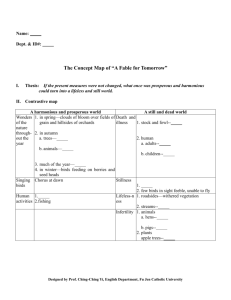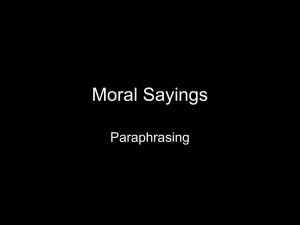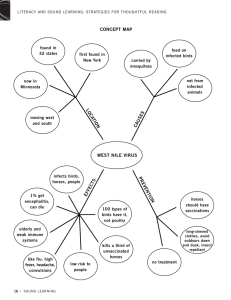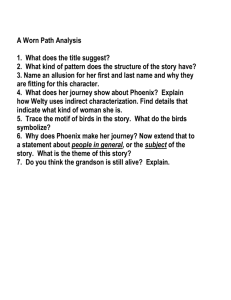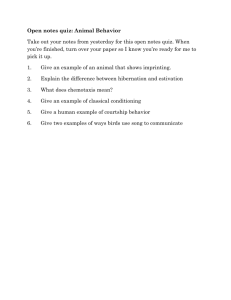Solving Word Problems
advertisement
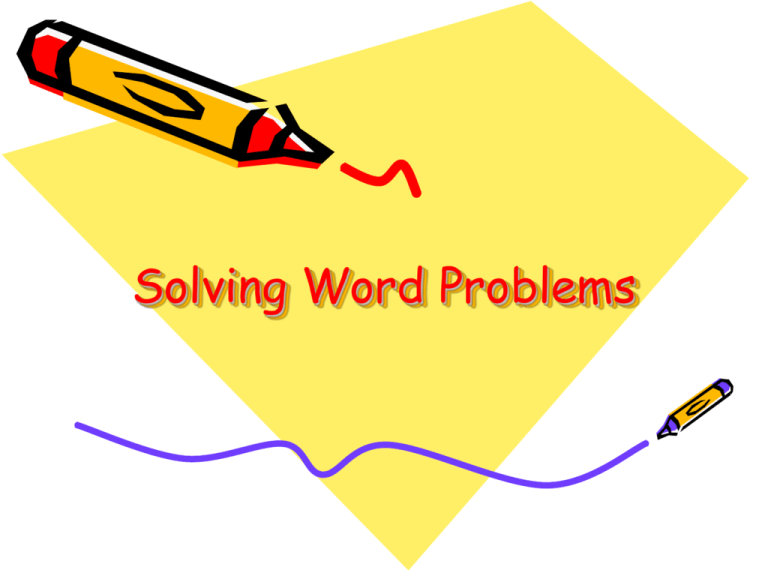
Solving Word Problems “Word Problems scare me!” “Word Problems make me nervous!” “Word Problems? I just skip them!” Don’t Worry! With just 4 easy steps, you can become… a Word Problem Whiz! Step 1 UNDERSTAND the problem. What are you trying to figure out? Here’s an example: Yesterday, Alex saw 14 birds in his backyard. Today, he saw 12. How many birds did he see in all? In this problem, what are you trying to figure out? If you said: “How many birds did Alex see in all?” then… You’re right! Step 2 Get a PLAN. How will you answer the question? Should you ADD or SUBTRACT? Look for clues. Here are some CLUE WORDS that will help you decide what to do. Addition Clue Words in all altogether sum total Subtraction Clue Words how many more how many are left difference Let’s look at the example again. Yesterday, Alex saw 14 birds in his backyard. Today, he saw 12. How many birds did he see in all? Do you see any CLUE WORDS? If you said… “in all,” then… You’re right! The words “in all” tell us that we should ADD! Now that we UNDERSTAND the problem, and have a PLAN, we’re ready for the next step! Step 3 SOLVE it! Write a number sentence using the information in the problem, and… Work it out! Give it a try! Yesterday, Alex saw 14 birds in his backyard. Today, he saw 12. How many birds did he see in all? Write a number sentence and SOLVE it. If you wrote… 14 + 12 = 26 then… You’re right! Step 4 LOOK BACK. Does your answer fit the question? We had to find out how many birds Alex saw in all. We added the number he saw yesterday and the number he saw today. Our answer was “Alex saw 26 birds in all.” It makes sense! We did it! We are Word Problem Whizzes! Here are the steps once more: Step 1 – UNDERSTAND the problem. Step 2 – Get a PLAN. Step 3 – SOLVE it! Step 4 – LOOK BACK.


